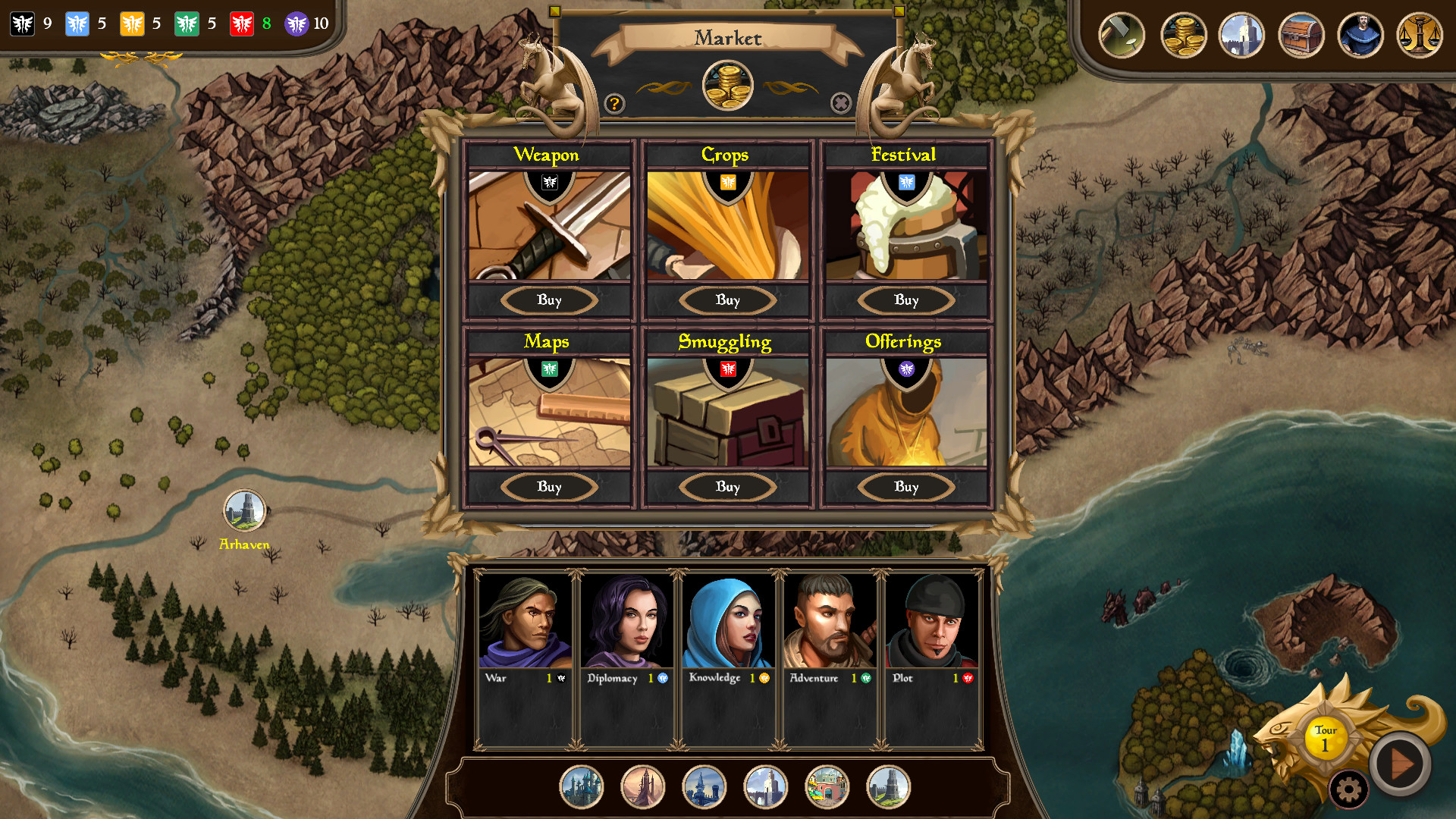Ben Diskin is the kinda guy who has managed to stay under
the radar for years, often playing some of your childhood’s most beloved
characters without you even knowing. To paraphrase a writer better than I, you
may not have heard of Diskin – but you have definitely heard him. With leading
roles in everything from Kingdom Hearts to JoJo’s Bizarre Adventure, Ben has
amassed a plethora of unique credits that have won hearts across multiple
fandoms.
Yet, all of this is a far cry from what was one of his first
(and still one of his most famous) roles, as Sylvester in Kindergarten Cop,
alongside with Arnold Schwarzenegger – a job he is inevitably quizzed on
regularly, despite the film being 30 years old. I, of course, am no different –
and begin my questions by inquiring as to how it feels to have had this start,
in his
acting career.
“I had very realistic expectations set for me by my parents,
who are both actors, so they put me forward with the idea that this would get
me a little bit of money that I could put toward college, so I could get a real
job”, Ben tells me. Luckily for us, however, this was only the beginnings of
Ben’s career, as he quickly moved on to voice acting over on-camera acting,
when his agency began putting him forward for VO jobs.
Being around 6 at the time, Diskin couldn’t quite read at
that age – but was more than adept at repeating phrases back to the crew, on
request. “The voice-over and on-camera
work came about at the same time” he explains, “When you’re a child actor, and
you can moderately take direction reasonably well, they put you in
everything!”.
As I soon learn, however, he immediately goes par for the
course, in terms of his modesty, by becoming incredibly self-deprecating. “Compared
to kids nowadays, I was garbage – but back then, I became the Golden Turd!
Which is going to be the name of my autobiography, one day”, he jokes. That
said, there is no doubt that this was the career Ben was truly made for, both
as a guy with the ability to create a vast range of characters, professionally,
and in terms of his personal preference. Particularly as he can be quite averse
to the level of fame that comes with on-screen work.

“Back then I was a stupid little kid and I went and told all
of the kids on the playground about how I was going to be in a big movie – and
I thought it was really neat! But kids don’t really have a concept of fame or
money, so everyone thought I was a millionaire movie star… and started treating
me like crap” he explains, “but when you do voice over, you realise that so
many people love your characters without associating you with that character”.
Clearly, this is something that has stayed with him to this
day, as he tells me how he loves the voice over world for giving him the
ability to play and create new characters, without the hassles of fame that
inevitably come when people consistently recognise your face.
“It’s really kinda nice that I have some control over
whether I tell people if I’m on a show!” Ben laughs – but there’s a sincerity
to his viewpoint that, even now, comes across in how he interacts with his
fans. He admits to me that there are times at cons when he spends as much of
his downtime as possible in his hotel room, in order to avoid near-constant
over-stimulation through interaction with fans. Although it is worth noting
that, like the rest of us, he can sometimes be found meandering through con
halls because he’s feeling a little lonely – so, if you do happen to catch him
at a con, he’s likely to welcome a quick chat.
Imposter syndrome runs deep within Ben’s personality, which
is often exhibited through his sarcasm, dark humour and, in his own words,
“naturally pile-driving myself further and further into the dirt – that’s my
instinct!”. Referring to his award-winning work on Muppet Babies, he tells me
“I have an Emmy on the mantel… and I’m still convinced someone is going to come
in and take that back, any minute now”.
So, how does he battle his own inner demons, when faced with
a tough role or a bad day? “With a heavy dose of reality!” he laughs, “I tell
myself that I’ve been doing this for long enough, that I’ve been consistently
working for years – I don’t let myself get a big head, but being positive about
my work is my best coping mechanism”. That’s not to say he doesn’t struggle
when something new comes along – namely singing. As it turns out, Ben isn’t too
keen on singing or dancing, although he used to be able to carry a tune on the
clarinet (in case you were wondering).
Throughout his career, which now spans three decades, there
has only ever been one time where work – of lack thereof - became a huge point
of stress for him. Having just bought a house in the late 00’s, his career took
a downward turn and the ability to pay the mortgage was quickly shrinking. Like
all successful actors, however, the answer to this problem lay in working even
harder, for what felt like minimal payoff, until – one day – his career picked
up again. “I was desperate and did the only thing I could, which was to knuckle
down and take any work I could get” Ben confesses, “which is lucky – because I
don’t have anything else I can fall back on!”
If anything, this tough period has helped Ben to gain more
clarity on how to go about getting work, from auditioning to working on each,
individual project in its own, individual way. “It always depends on what kind
of thing you’re going to be working on” Ben clarifies, when I ask him how he
approaches a new role, before going on to display a wide range of different
pitches and voices, in order to explain each genre.
Of course, even within the same genre, there can be
different styles, he explains. “A Shonen style anime will be very different to
more realistic, grounded work from Japan, so each show needs to be performed
according to the style they’re going for”.
Then there are the personalities themselves, which
inevitably drive the character forward within the series, film or game. He
reminisces particularly on one villain he played, after which he had to field
questions at a con about his character “I was asked how I prepared myself for
this villain – everyone else was talking about how they related to their
characters and how they could draw from their own experiences. I just had to
say ‘errr I don’t know! I was just acting!’ - So, yeah, sometimes it’s just fun
to do something completely different to myself. To just act.”
Ben goes on to reveal the audition process he had for Haida,
in Aggretsuko, in which he construed the character to be somewhat of a lady’s
man. As it turns out – and as fans of the series will already know – that’s not
quite how things pan out for the humble hyena. It’s all part of the process,
however, and the casting/voice directors worked with him to give us the
personality we all know and love, now.
Another major benefit to being in the industry from a young
age comes with seeing all the changes in the industry – for better or worse. At
this point, I can’t help but ask him how things have changed in Hollywood, when
it comes to getting roles. “Well, when I first started out, all the auditions
were on tape – and, if you screwed up, they would literally have to stop and
cut the tape” he recalls, “now, however, I can send over auditions from home
and send those over as an mp3. If you’ve got a good mic and good set-up, then that
opens up doors to a lot of new talent.”
Most recently, his work on Aggretsuko has him playing the
role of Haida, for which season 3 was recorded entirely from home. And, while
playing animals with human-like characteristics isn’t exactly a new venture in
animation, the release of Haida into the Netflix universe also coincided with
another character who came about at around the same time – namely, Beastars’
Jack, whom he also voices.
With so many anthropomorphic creatures coming out at once,
it was only a matter of time before our dear Ben caught the eye of the furry
community. Naturally, this makes my interviewee a big point of fascination for
these anthropomorphic enthusiasts, and you can often find Ben discussing the
community, his stance and the fanart of these characters over on his Twitter account.
Being completely new to this culture and fandom myself, Ben
is kind enough to discuss with me what it means to be a part of something like
that. “I discovered them through working on Aggretsuko,” he tells me, “and I’m
a huge fan of the show myself. Which, usually, when I like a show, it means
nobody else is interested – cause that’s just how it goes for me. I naturally
gravitated toward the character that I played and kinda fell into it. But it
means I get to act like a giant idiot fanboy online with everyone – and it
helps the show!”

Of course, Haida himself resonates well with followers, making
him a big focal point for fanart and fictional crushes within the fandom. When
I ask Ben why he thinks Haida is so popular, his answer pulls the full gamut.
“The show is filled with strong female characters, with most of the guys either
being horribly sexist or just shouting at Retsuko” he reminds me, making
reference to season 1 characters, including the yoga instructor and her boss,
“so, when you see a guy who is actually cute and nice that makes it easy to
relate to him. But I think it also stems from being the guy who has the crush,
that doesn’t get with the person he likes, and his feelings are unrequited. So,
especially for people who are gay, or are furries, Haida’s experiences are so
easy to relate to, because it’s much harder to find the right person when
you’re in those communities.”
Despite this, Haida himself has come under fire somewhat,
with mixed reviews from audiences, who seem to be divided as to whether his
reactions in the season finale are appropriate, given what happens over the
course of the series. This is something that Ben himself struggled with, as he
explains to me, “when they gave me the clip to work with, the cover clip of the
file was Retsuko crying, and I was literally pointing at the screen, saying to
my wife ‘how can I make her cry? I don’t wanna do this!’”. So, just how much of
Haida stems from Ben himself? “Haida is literally me from before I met my
wife,” he laughs, “This total idiot, who sucks with women and pines after women
who have no interest in me. I mean, if I could go back in time and slap the
crap out of myself, I would!”
Through it all, there’s no denying that this is a series
that is almost tailor-made for the disillusioned generation of millennials,
with the main character struggling with trying to make a living in the current
economy, especially in season 3. And one of the things that seems to have
caused conflict with fans, is that Retsuko doesn’t quite get the traditional
happy-ever-after that people expect from happy-go-lucky stories about cute
animals. As it turns out, this is one of the things that Ben likes the most
about Aggretsuko, because “it doesn’t point to Hollywood or fame as being the
solution. It displays real-world problems and gives realistic solutions. That’s
not always reality – most people do just work in the office and the show gives
fans ways to cope with those moments, like her annoying co-workers and her
boss”.
Interestingly, given the current news surrounding sexism in
the workplace – particularly in the gaming and voice-over areas – the way that
Retsuko is able to work with her misogynistic boss (as well as the advice she
gets her friends in leadership roles) seems oddly well-timed, for those new to
the series. We also see massively inappropriate and damaging behaviour from
fans within the show, in the lead-up to the climax of the third season, which
is sadly true to real life at times. And this is something that Ben openly
discusses with me, when it comes to how he feels we can change things in the
real world. “The biggest thing for me is to be able to call out that behaviour,
when it happens”, he replies, when I ask him how we can help to stomp out that
behaviour in all areas of life. “It’s not always the easiest thing – but seeing
not only the way my colleagues are treated, even by fans, not only are the acts
and the things that happen scary, but the way women talk about these
experiences. It’s become so ingrained into our way of life, that they talk
about it as though it were an everyday experience and not something terrifying
– which is absolutely is.”
Taking an uncharacteristically sombre tone, Ben then goes on
to point out “it isn’t always that obvious thing, the way Ton will come across
in the show. It can be something as simple as phrasing something in a way that
is overly familiar or those tiny microaggressions. You don’t have to make a big
thing about it, or a Twitter call-out, you can just say something as and when
it happens to challenge them. Just be respectful to everyone”.
And therein lies the main takeaway I can pull from my short
time with Ben Diskin, in that this is a guy who is – to his very core – a
genuinely good guy, who wants to bring everything he can to each role. Whether
he’s creating a caricature of a voice, in order to meet the requirements of an
over-the-top animation, or speaking with his followers on social media, you can
be sure that Ben has plenty of love to give to his career and his fans. Personally,
I can’t wait to see what else he has in store for us.








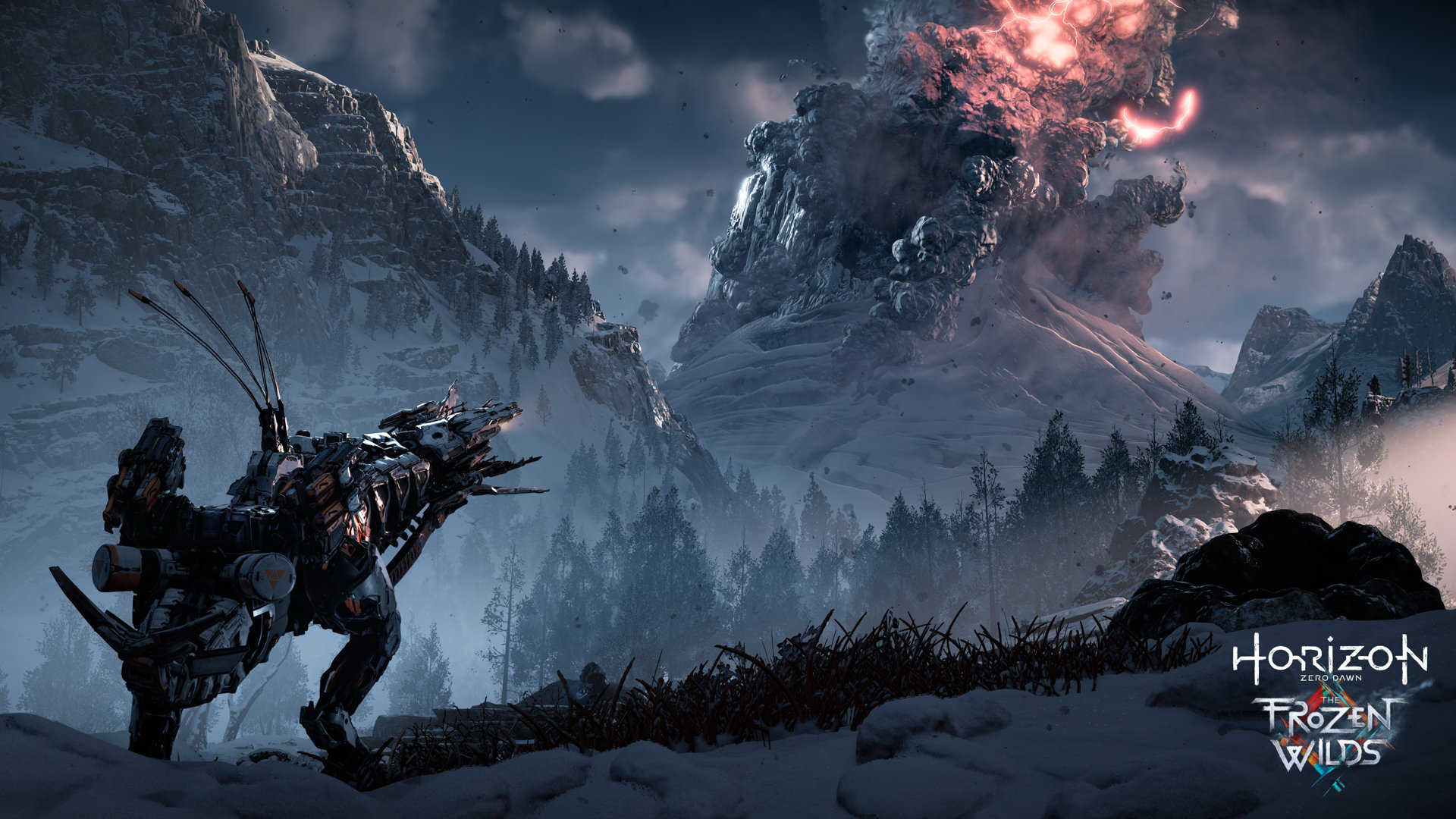


/cdn.vox-cdn.com/uploads/chorus_image/image/57483951/hzd_tfw_screens_FreeAdvice.0.png)
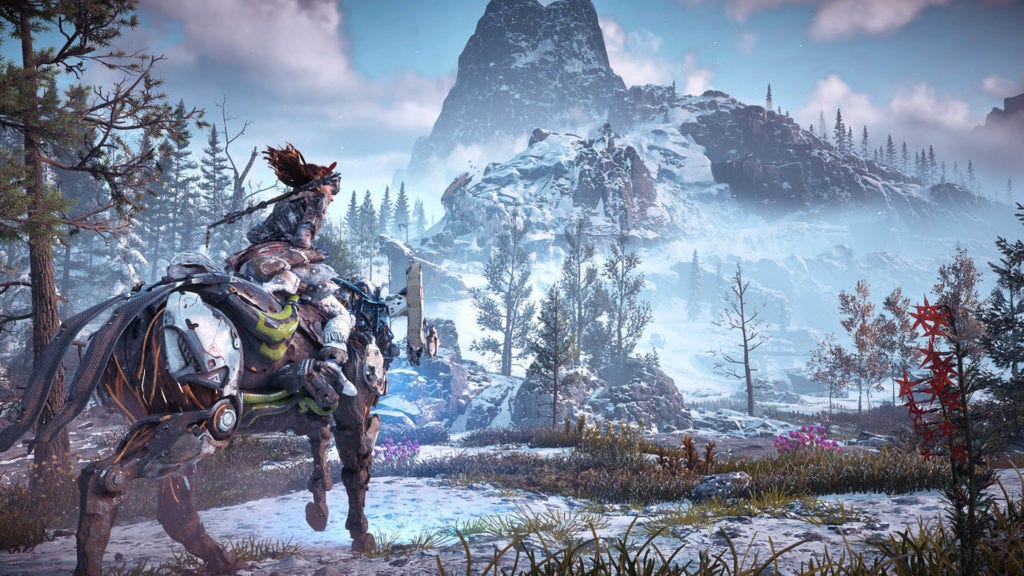




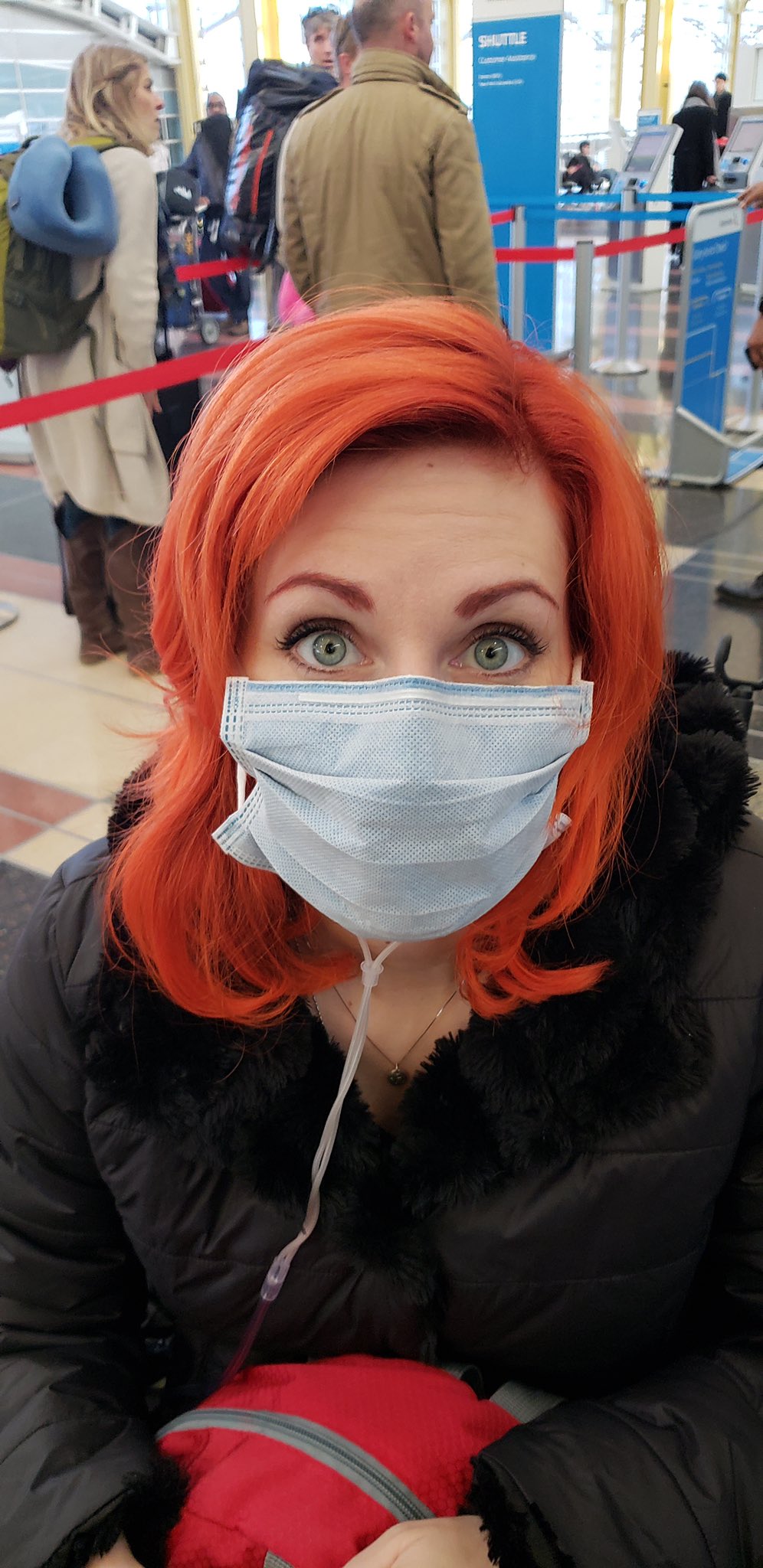



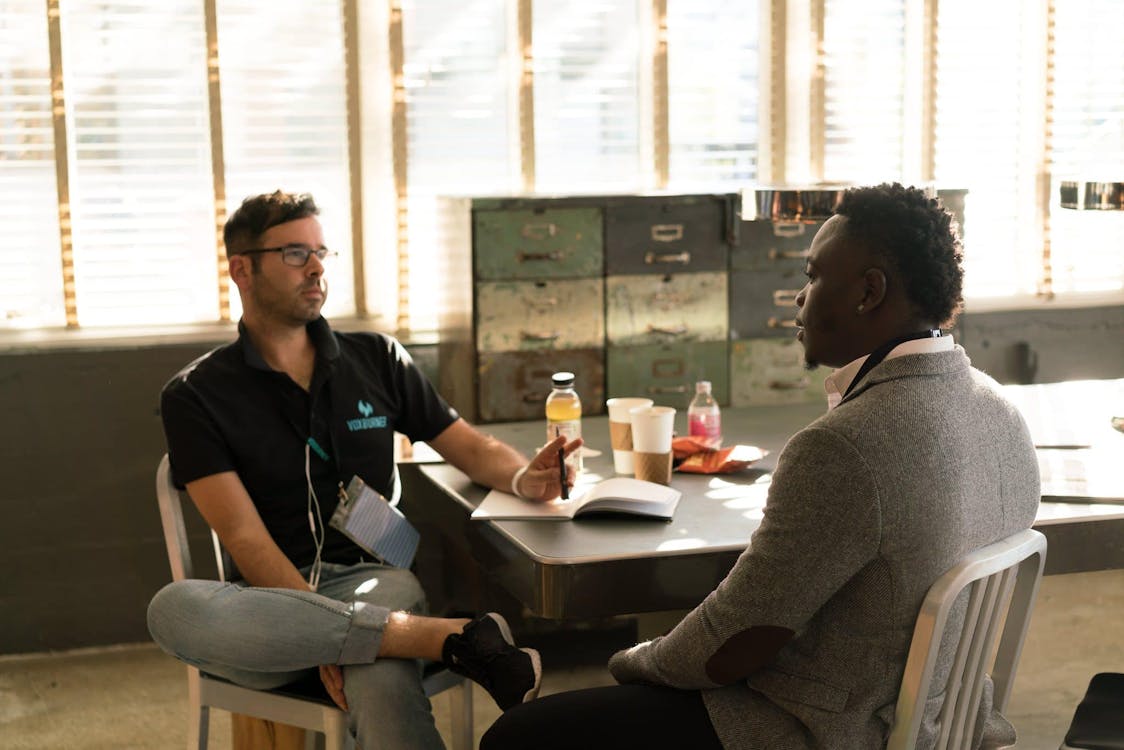

/cdn.vox-cdn.com/uploads/chorus_image/image/62925129/steam_stats.0.jpg)









